Source: longevitylive.com
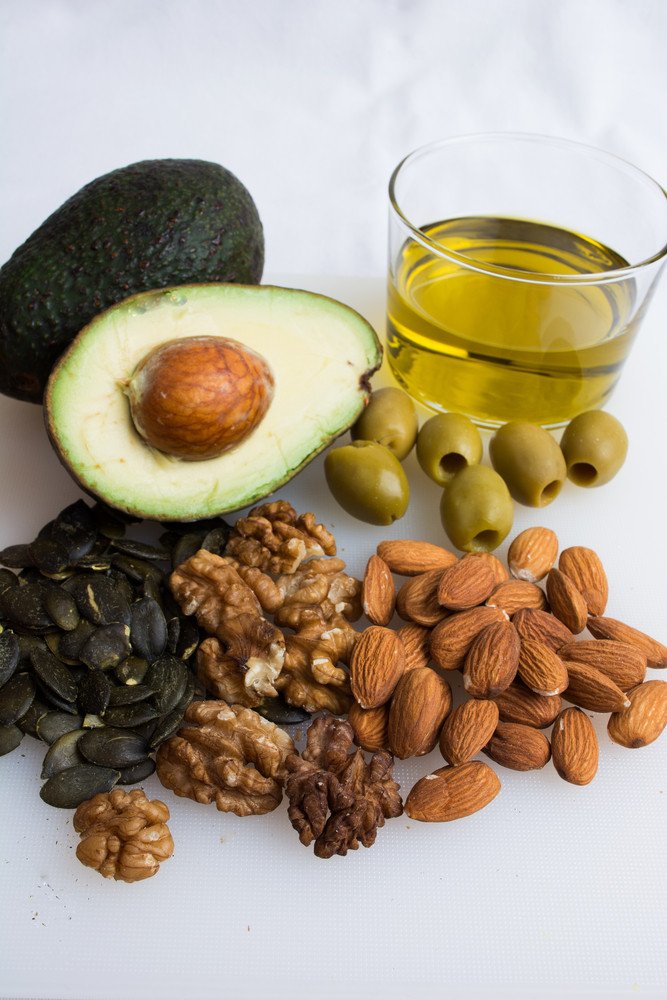
With rising evidence that plant based diets are a healthier option, no wonder many of us are revising our eating habits. But how do you ensure that your body is obtaining sufficient protein from plants, required for longevity?
Here are the top sources of plant based protein that are an absolute must for your pantry and your palette.
1) Bean Protein
Dried black beans, kidney beans, chickpeas, and pinto beans all contain around 30% available protein and 18 amino acids making them a versatile form of protein. Cooked, made into pates, or sprouted, beans are an easy addition to any meal. For optimum benefits one can start the sprouting process before cooking and later mix the beans with a cold-pressed organic oil such as olive, coconut or hemp oil. This way the body has maximum support in accessing and utilizing all of the proteins. The high protein help to stabilize ones blood sugar levels and the fiber content makes them a beneficial food for the gut.
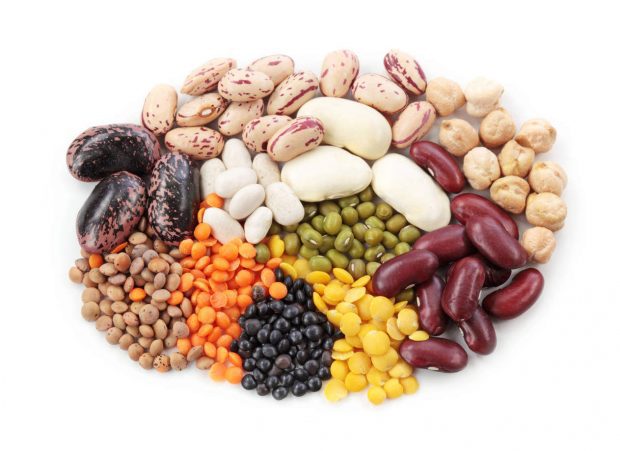

2) Nut Protein
Brazil Nuts. At 26 % protein content Brazil nuts have more protein than any other nut. Plus they don’t have enzyme-inhibiting skins on, which means you can happily pop them in your mouth without soaking them beforehand and your body is still able to absorb the full array of nutrients. Brazil nuts can also provide you with phosphorus, magnesium and manganese. They are also a good source of vitamin E and vitamin B’s especially thiamine, which are all essential for DNA methylation.
Brazil nuts are one of the richest dietary sources of selenium, a vital mineral for human health, holding a total of 780% of your daily requirement of selenium for every 28g. Selenium is essential for proper thyroid function, heart health, liver function, and is an important antioxidant.
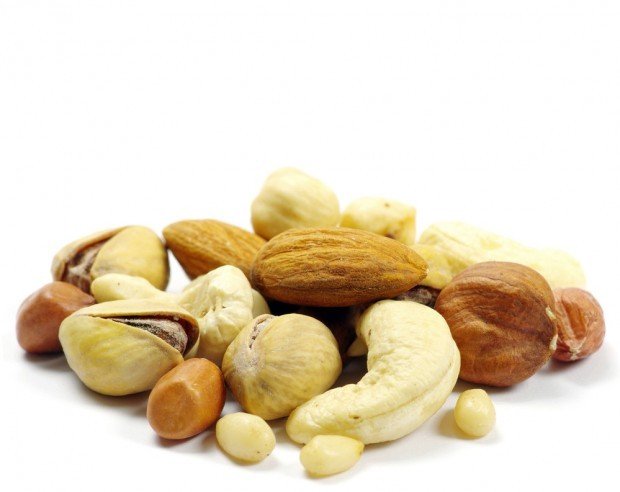
Almonds. The sweet rich flavour of almonds makes them a delectable snack or foundation for dairy free almond milk. The 18 amino acids found in almonds make up 10% of the total nut and the fiber content is delicious food for ones beneficial gut bacteria. Other notable highlights include decent levels of calcium, iron, potassium and magnesium. They are also abundant in healthy fats and vitamin E.

3) Seed Protein
Pumpkin Seeds. Highly underrated for their nutritional density, pumpkin seeds contain a whopping great 20% of absorbable protein made up of 18 amino acids. Interestingly, the diverse mixture of antioxidants in pumpkin seeds may provide them with antioxidant-related properties that are not widely found in food. They are also a fantastic source of healthy plant fats known as phytosterols. Pumpkin seeds are a valued source of zinc as well as phosphorus, magnesium, manganese and iron. The vitamin E in pumpkin seeds is in a diversity of forms making it highly beneficial for the body.
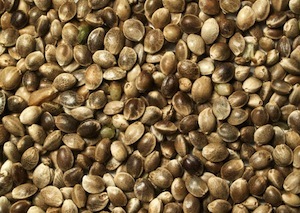
Hemp Seed. With 36% absorbable protein, hemp seeds trump most high protein animal products. In fact, by weight, hemp seeds provide a similar amount of protein to that of lamb. They are considered a complete protein, which boasts 20 amino acids including the 9 essential amino acids, which out bodies cannot produce. Approximately 65% of the protein in hemp seeds is made up of the globulin protein edestin, which is found only in hemp seeds. Edestin aids digestion, is relatively phosphorus-free and considered the backbone of the cell’s DNA. The other one third of hemp seed protein is albumin, another high quality globulin protein similar to that found in egg whites. They contain significant amounts of the amino acids methionine and cysteine, as well as very high levels of arginine and glutamic acid. They are exceptionally rich in essential fatty acids and have a 3:1 ratio of omega-6 to omega-3, a desirable balance, it is considered the optimal range for the human body.
Hemp seeds also contain large amounts of gamma-linolenic acid (GLA), which has also been linked to reduced inflammation, reduced heart disease and essential for healthy hormone balance in women. Studies have shown that hemp seeds may reduce blood pressure, decrease the risk of blood clot formation and help the heart recover after a heart attack. Hemp seeds are also a great source of vitamin E and minerals such as phosphorus, potassium, sodium, magnesium, sulfur, calcium, iron and zinc.
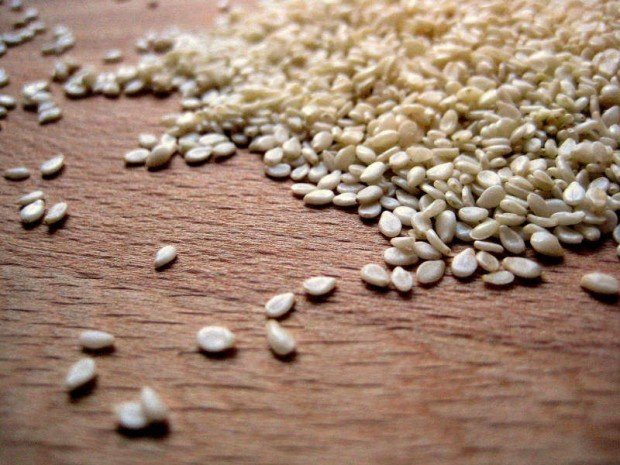

Sunflower Seeds. Found in the formation of a convenient tasty addition to any breakfast, dessert, snack or meal, sunflower seeds contain 18 amino acids, which make up 15% of the total seed. Sunflower seeds are also an excellent source of healthy phytosterol fats and vitamin E, the body’s primary fat-soluble antioxidant used to protect cell membranes, brain cells, and arterial walls. You will also find a generous helping of magnesium and selenium present in these tasty little morsels.
Chia Seeds. Chia seeds are almost free of carbohydrates; they are composed of 18% absorbable protein and 40% fiber and essential fatty acids. These miniature seeds contain high amounts of the amino acid arginine, which helps to lower blood pressure and reduce a risk of heart disease. Chia seeds also contain more Omega-3s than salmon. However unlike dark fish, chia seeds contain mostly ALA (Alpha Linolenic Acid), which still needs to be converted into EPA omega 3. Some people cannot conduct this conversion as easily as others. ALA cannot convert into DHA omega 3. They also contain a decent amount of Zinc, calcium, magnesium, phosphorus, manganese, Vitamin B3, Potassium, Vitamin B1 and Vitamin B2.
Buckwheat. Classified as a seed, buckwheat is yet another grain replacement that has a rich supply of health benefits. Unlike wheat and other high carbohydrate grains, buckwheat’s 11% protein (18 amino acids) has a lot to do with it’s ability to actually stabilize ones blood glucose and insulin levels as well as easily satisfying hunger. Canadian researchers, publishing findings in the Journal of Agricultural and Food Chemistry showing evidence that buckwheat may be helpful in the management of diabetes.
Buckwheat’s beneficial effects are also due to its rich supply of magnesium and flavonoids, particularly rutin. Together they do a sterling job of protecting against heart disease by maintaining essential components of healthy blood as well as protecting LDL cholesterol from free radical oxidation into potentially harmful cholesterol oxides.
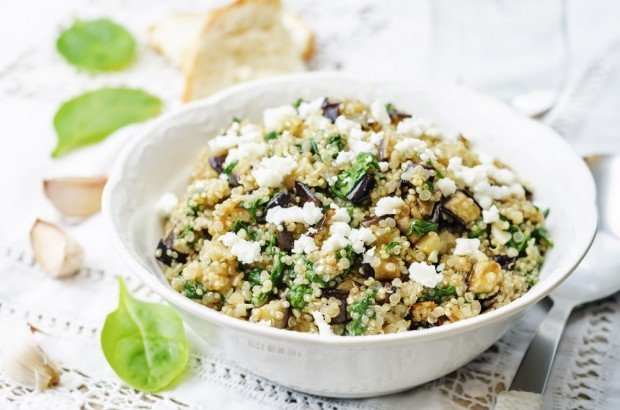

Quinoa. Yet another seed, quinoa has found a common place in healthy homes due to its ability to nutritiously replace grains. Apart from being gluten-free it is a fantastic source of protein, fiber and minerals, making it a great base for any meal. Technically a seed, one can cook quinoa the same way as rice or use it in flour form.
Unlike grains quinoa is a complete protein. It contains 18 amino acids, which make up a total of a 16% of its dry weight. These include the essential amino’s lysine and isoleucine, which are scarcely found in grains. In terms of fat content, quinoa clearly trumps the world of grains. High in healthy monounsaturated fats, 28% of quinoa’s fatty acids are made up of oleic acid, which is great for the heart. Alpha-linolenic acid (ALA), the omega-3 fatty acid a great anti-inflammatory makes up 5% of the fat content. Quinoa has a wholesome supply of antioxidants, such as the flavonoids quercetin and kaempferol, often found in a higher concentration than flavonoid rich berries like cranberry or lingonberry.
4) Spinach Protein
Most would find it hard to believe that the small dark green leaves from spinach have a total of 11% absorbable protein, including 18 amino acids. Apart from the cellular building benefits of protein, researchers have identified more than a dozen different flavonoid and carotenoid compounds in spinach, that function as anti-inflammatory and anti-cancer agents.
The wealth of vitamin K provided by spinach is important for maintaining bone health. The vitamin K1 present in spinach can be converted into vitamin K2 in the gut by beneficial bacteria. K1 and K2 work together to anchor calcium in the bones, plus many more essential activities in bones.
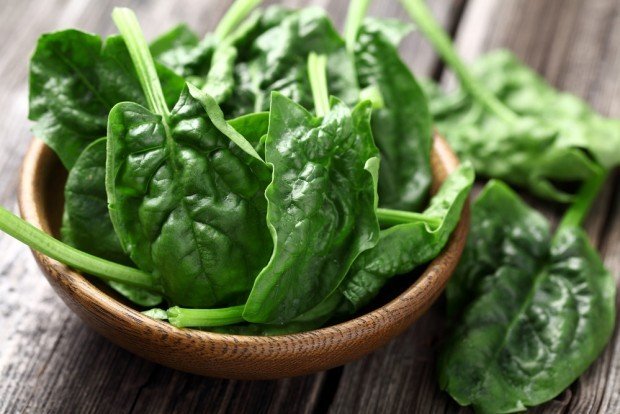

5) Avocado Protein
While not the highest protein at 6%, avocados still have a variety of 18 amino acids and should not be overlooked as a healthy protein source. They’ll not only add to your total protein for the day, but they’ll provide other healthy benefits that will help facilitate healthy living. Although they are fruits, avocados have a high fat content of between 71 to 88% of their total calories. A typical avocado contains 30 grams of fat, but 20 of these fat grams are health-promoting monounsaturated fats, especially oleic acid.They also have more potassium per gram than a banana. Avocados are also a good source of pantothenic acid, dietary fiber, vitamin K, copper, folate, vitamin B6, potassium, vitamin E, and vitamin C. Avocados have been found to reduce inflammation and help stabilize blood sugar levels.

No comments:
Post a Comment